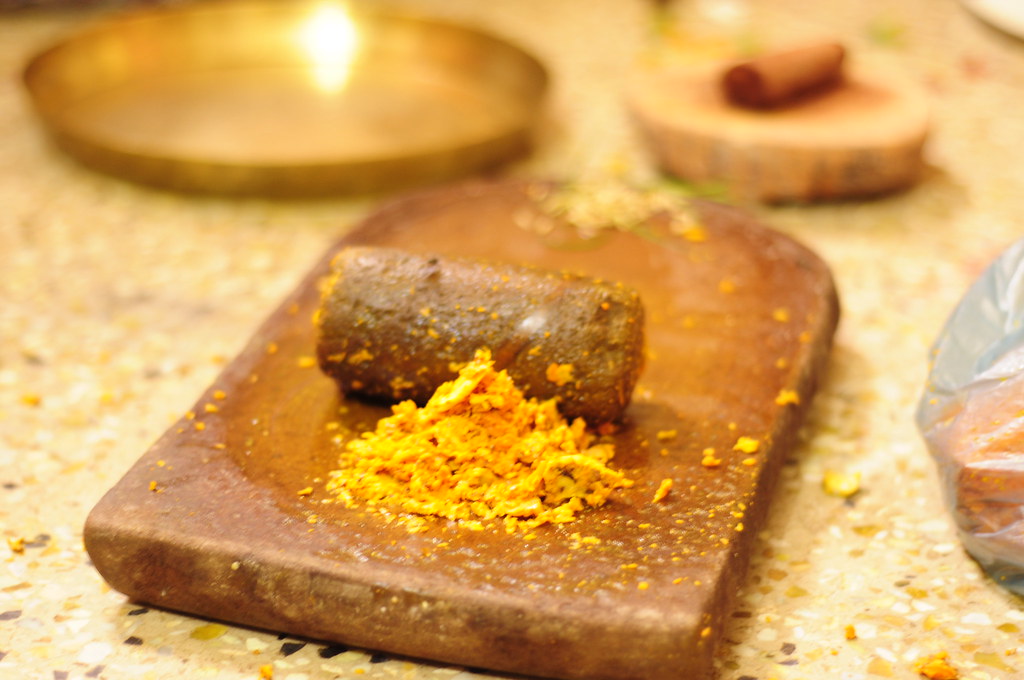
Please take our brief survey to let us know how you take care of your brain!

Please take our brief survey to let us know how you take care of your brain!
With the Thanksgiving holiday as our annual reminder to give thanks, an increasing body of evidence shows that expressing gratitude benefits the givers even more than the receivers. UC Davis Professor, Journal of Positive Psychology editor and gratitude expert Dr. Robert Emmons has studied the immense positive effects that individuals feel in their own lives when they consistently express gratitude.
We all have things in our lives that we’d like to do better: exercise more, eat healthier, feel better, have more energy or a better attitude, etc. In fact, most of us have made New Year’s resolutions along these lines– “I’m going to work out 5 days per week”, “I’m going to read more”, or the countless other things we hope to accomplish or change in our lives. Yet, so often by January 15 these resolutions are nothing but a distant memory. Why is this?

Many of us have been told to “smile more”, as this sends off a more friendly and inviting signal to the outer world. However, the act of smiling (even when we don’t feel like it) has powerful internal effects as well. Researchers have shown that the mere act of smiling, even when “forced”, sends a signal to the body’s “fight or flight” response system that the coast is clear.
The numerous requirements of writing in cursive can positively impact brain health in many ways. By stimulating both sides of the brain simultaneously, requiring dexterity and triggering norepenephrine (responsible for attention), cursive writing can help your brain’s health in ways that printed writing and typing cannot.

While more evidence is needed, there are signs that brain exercises and learning new skills can help prevent dementia. Recent data, such as the ACTIVE study (with ~2,800 patients aged 65+) show cognitive benefits lasting up to 5 years for seniors engaged in brain exercises, with reports of these gains translating more broadly into their everyday lives. Other studies have shown that before symptoms appear, seniors can reduce the risk or even prevent dementia by keeping mentally active and learning new skills. These should be new skills and activities that help you to learn new things– crossword puzzles, sudoku and reading books from your favorite author aren’t necessarily enough. New forms of exercise, dance, learning musical instruments or a new foreign language can help slow the erosion of brain cells and create new neural connections, which can reduce or prevent dementia. In addition to the positive health benefits, each of these activities can help you live a more full and rich life.
Read More: http://www.webmd.com/alzheimers/guide/preventing-dementia-brain-exercises
Were you aware that learning new skills and keeping your mind active could prevent dementia and reduce your risk of Alzheimer’s? Please share your thoughts in the comments below!
Do you like what you see? Please help us reach a greater audience by liking and following us on Facebook: https://www.facebook.com/tenminuteyouth

Researchers are revisiting a vaccine that could extend brain cancer survival by boosting patients’ immune systems to fight cancerous tumors. The vaccine had undergone a Phase I clinical trial in 2001 but was largely abandoned for lack of efficacy. Now, a new methodology is breathing life back into the treatment’s potential to extend the life of those who suffer from brain cancer. The team at Thomas Jefferson University is looking to administer the vaccine to patients before chemotherapy, so that their immune systems are less compromised and better able to be directed by the vaccine to attack tumors. Initial results of a more recent Phase I trial are more promising. Phase II trials are slated to begin in early 2015.
Read More: http://www.sciencedaily.com/releases/2014/11/141113105421.htm
Please share your thoughts in the comments below!
Do you like what you see? Please help us reach a greater audience by liking and following us on Facebook: https://www.facebook.com/tenminuteyouth

Recent studies on a key compound in Indian spice turmeric show encouraging results for brain health. Specifically, the studies examine turmeric’s impact on neutral stem cells (NSC) in rats, potentially opening the door to trials on humans in the future. The results show turmeric promoting up to 80% growth in NSC count, which could promote both neuron growth as well as prevent inflammation in the brain. If replicated in humans, these factors could help in the fight against neurodegenerative diseases.
Lead author of the study, Adele Rueger, said: “While several substances have been described to promote stem cell proliferation in the brain, fewer drugs additionally promote the differentiation of stem cells into neurons, which constitutes a major goal in regenerative medicine. Our findings on aromatic turmerone take us one step closer to achieving this goal.”
Read More: http://www.eurekalert.org/pub_releases/2014-09/bc-tcb092314.php
Please share your thoughts in the comments below!
Do you like what you see? Please help us reach a greater audience by liking and following us on Facebook: https://www.facebook.com/tenminuteyouth
Research published… in the Annals of Internal Medicine… establishes that sleep–and sleep alone–is one of the most powerful diet tools ever identified.
There’s not a diet pill on the planet that could accomplish what sleep did in this study, which compared two groups of overweight non-smokers on calorie restricted diets for 14 days. One group clocked 8.5 hours of sleep per night, and the other logged 5.5 hours of sleep per night (which the authors point out is a “norm” for people in this day and age.) Both groups ate roughly 1,450 calories a day. After two weeks, the people who slept more lost more fat than the group who slept less. More than half of the weight loss during the 8.5 hours of sleep was fat versus only one quarter of the weight loss during the 5.5 hours of sleep. People literally burned fat while they slept.
Read More: http://highlifeworkout.com/2012/01/23/how-sleep-helps-you-burn-fat-and-build-muscle-faster/
What changes have you noticed when you’ve had more sleep? Please share your thoughts in the comments below!
Do you like what you see? Please help us reach a greater audience by liking and following us on Facebook: https://www.facebook.com/tenminuteyouth

Pull yourself off the dopamine fix of constant email checking to free up your time and attention. Checking email is reactive, blunting your creativity and preventing you from being proactive. Instead of relying on the email crutch, THINK and decide what you want to do. Limit checking and responding to email to one or two pre-set times to get more out of your day.
Read More: http://fourhourworkweek.com/2008/02/18/how-to-stop-checking-e-mail-on-the-evenings-and-weekends/
Have you ever tried limiting your use of email to free up time and attention? Please share your thoughts in the comments below!
Do you like what you see? Please help us reach a greater audience by liking and following us on Facebook: https://www.facebook.com/tenminuteyouth

Britons could live to 120 if they just exercised more, ate healthily and took beneficial drugs such as statins, an influential panel of health experts and scientists has concluded.
Read More: http://www.telegraph.co.uk/foodanddrink/healthyeating/11218303/Want-to-live-to-120-Heres-how…..html
Please share your thoughts in the comments below!
Do you like what you see? Please help us reach a greater audience by liking and following us on Facebook: https://www.facebook.com/tenminuteyouth

Researchers aim to use ‘middle aged’ pet dogs to test rapamycin, folowing the drug’s lifespan extension in experiments with mice. Developed as an anti-rejection drug for patients who have just undergone kidney transplants, rapamycin has recently been shown to extend the lives of mice by more than 10%.
Rapamycin acts on a protein that is involved in cell growth and has an anti-inflammatory impact on the body. It was also the first drug shown to extend lifespan in a mammalian species.
“As organisms age, inflammation can increase and that is related to many disorders,” added [University of Washington in Seattle Dr. Matt] Kaeberlein. “But that is not the only thing that rapamycin does. It also turns on a process called autophagy which is in effect the process by which cells dispose of the garbage that builds up inside them.”
Read More: http://www.theguardian.com/science/2014/nov/08/anti-ageing-drugs-tested-on-dogs-cancer-heart
Please share your thoughts in the comments below!
Do you like what you see? Please help us reach a greater audience by liking and following us on Facebook: https://www.facebook.com/tenminuteyouth

NeuroRacer game shows enduring cognitive benefits in seniors, more evidence forthcoming…
If there were scientific evidence that playing brain games worked to improve your intelligence and prevent cognitive decline, would you try them? Please share your thoughts in the comments below!
Do you like what you see? Please help us reach a greater audience by liking and following us on Facebook: https://www.facebook.com/tenminuteyouth

A study by Massachusetts General Hospital shows that modest amounts of meditation over an 8 week period produce changes in parts of the brain known for improved calmness, sense of self, empathy and memory.
Read More: http://www.huffingtonpost.com/deepak-chopra/meditation-brain_b_825950.html
Have you been able to incorporate meditation into your daily routine? Please share your experience in the comments below!
Do you like what you see? Please help us reach a greater audience by liking and following us on Facebook: https://www.facebook.com/tenminuteyouth
Crossword puzzles, reading and that familiar hobby of yours may not be enough to keep your brain sharp, according to studies in the journal “Psychological Science”.
A recent study performed by Denise Park at University of Texas at Dallas shows that learning new skills could the key to maintaining cognitive vitality with age. Simply maintaining those old habits may not be enough.
“This is speculation, but what if challenging mental activity slows the rate at which the brain ages?” asks Park. “Every year that you save could be an added year of high quality life and independence.”
Were you aware that you needed to learn new skills to keep your brain sharp? Please share your thoughts in the comments below!
Do you like what you see? Please help us reach a greater audience by liking and following us on Facebook: https://www.facebook.com/tenminuteyouth